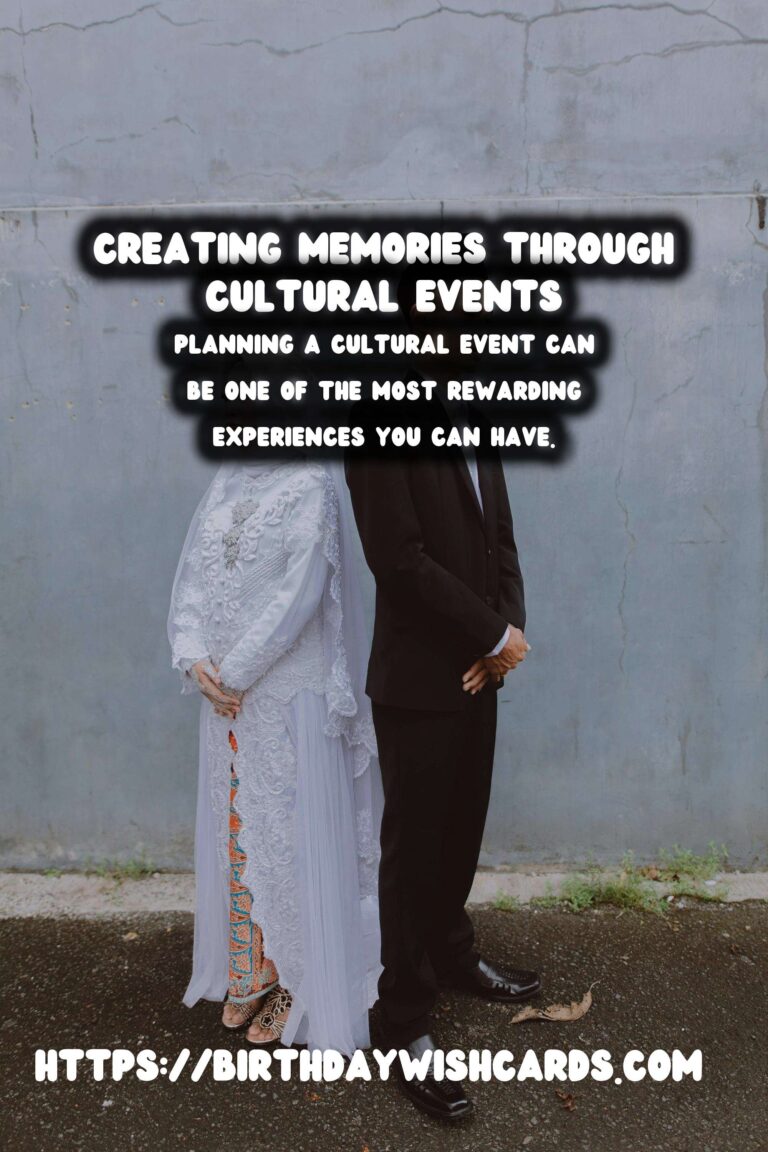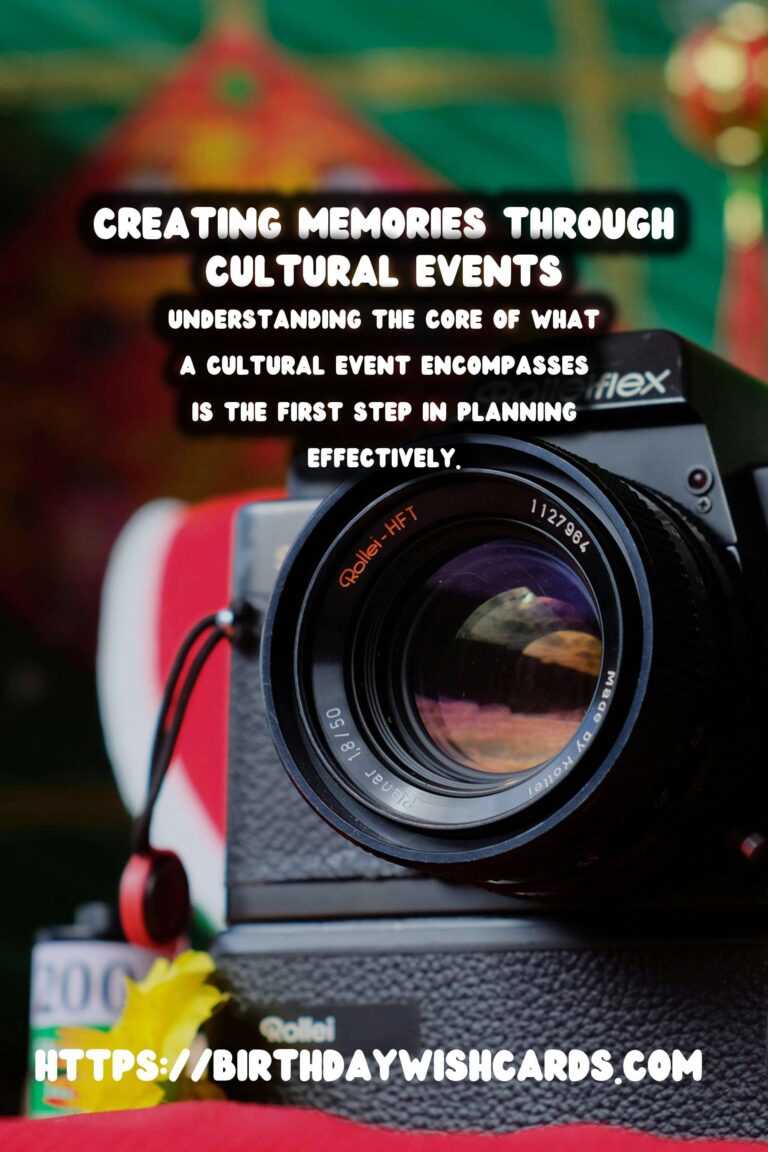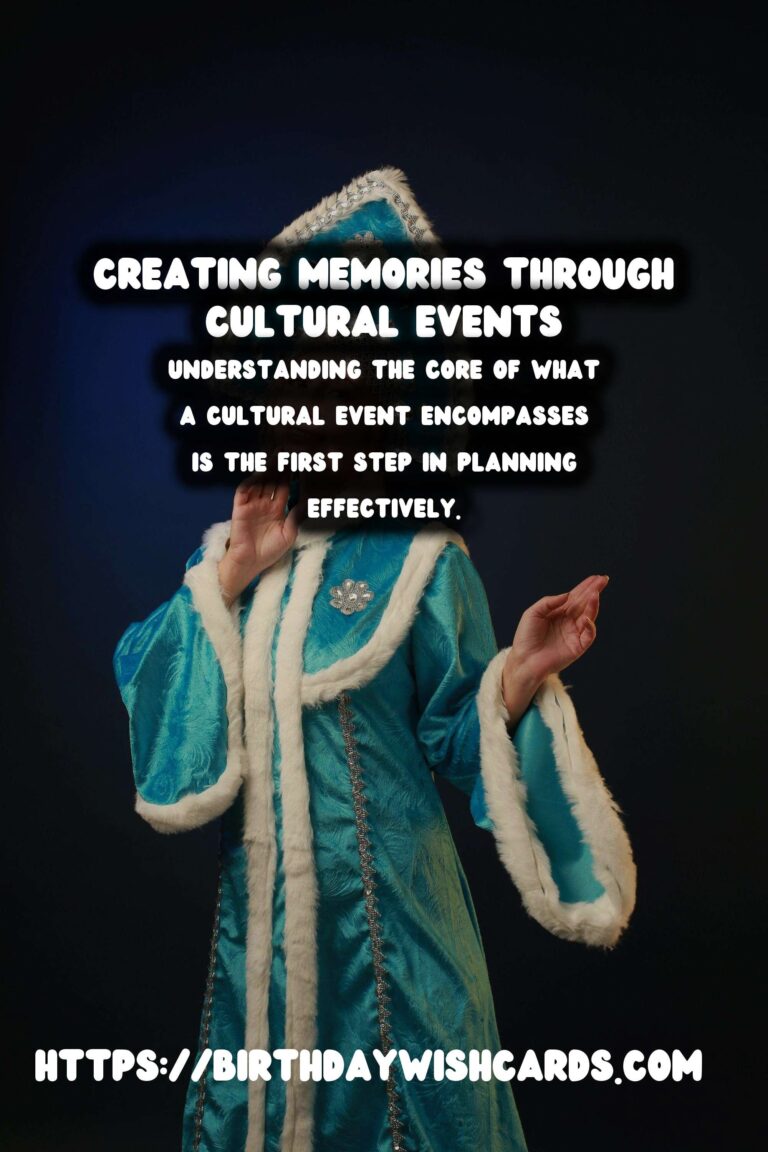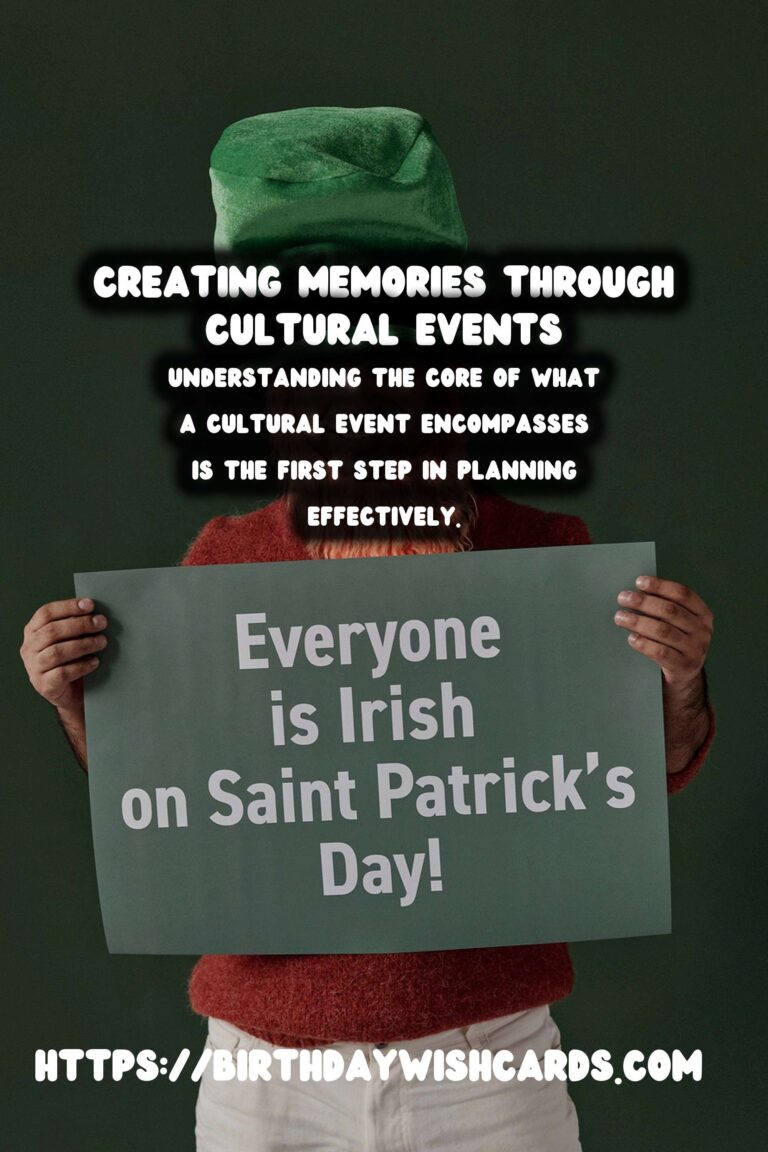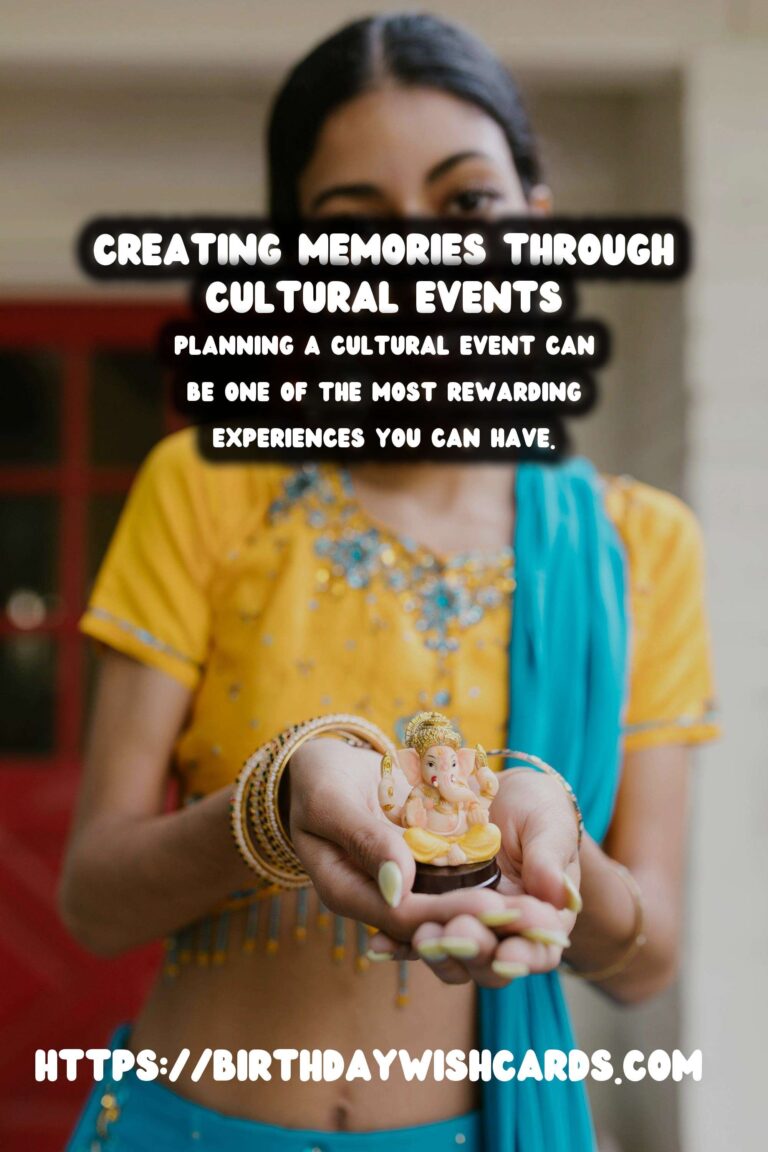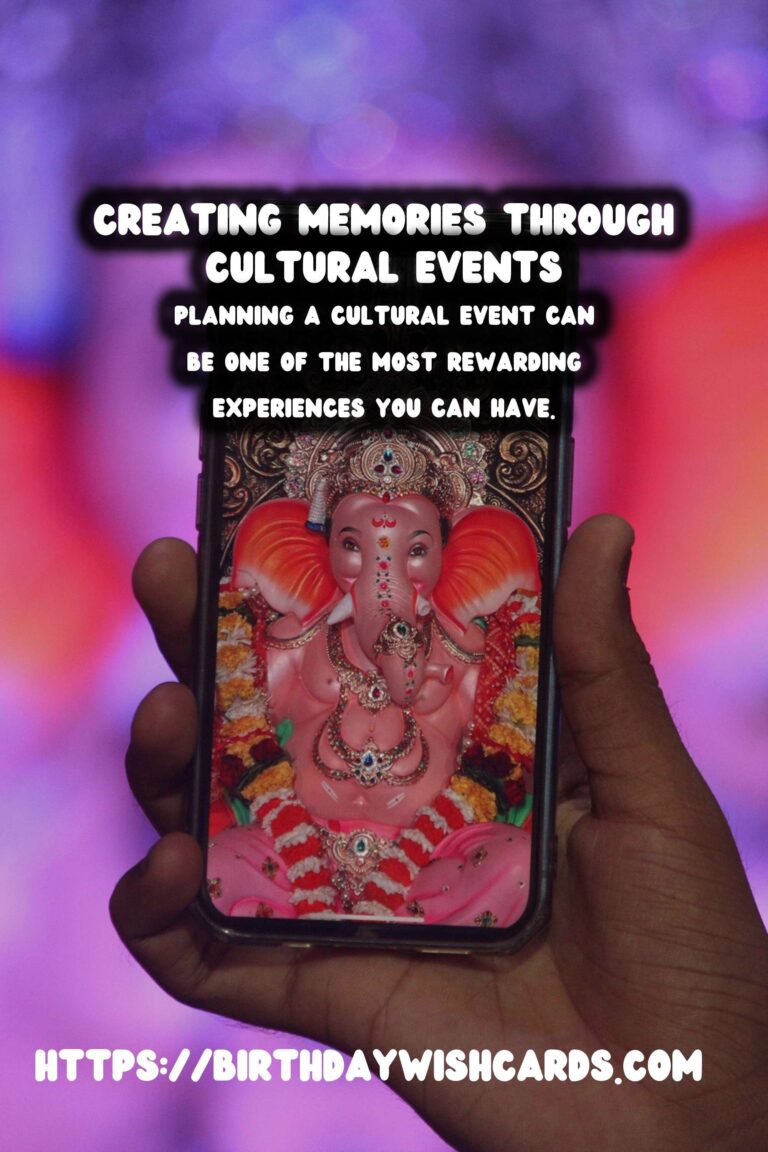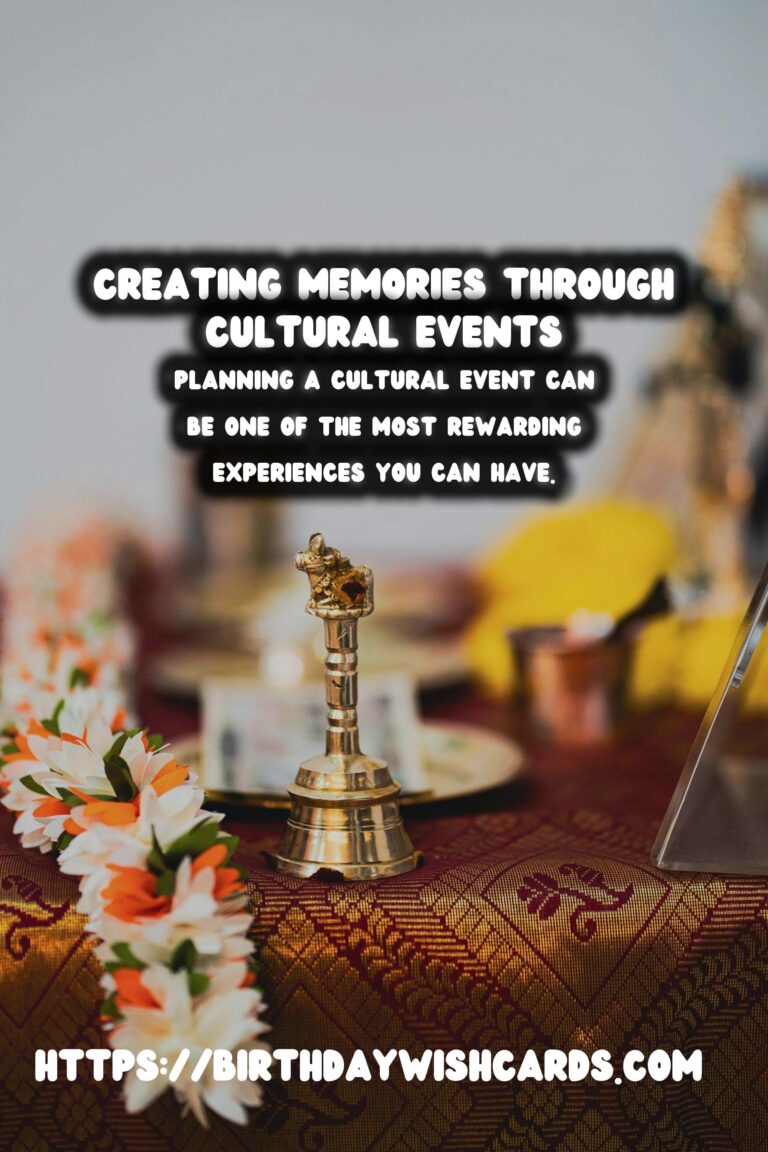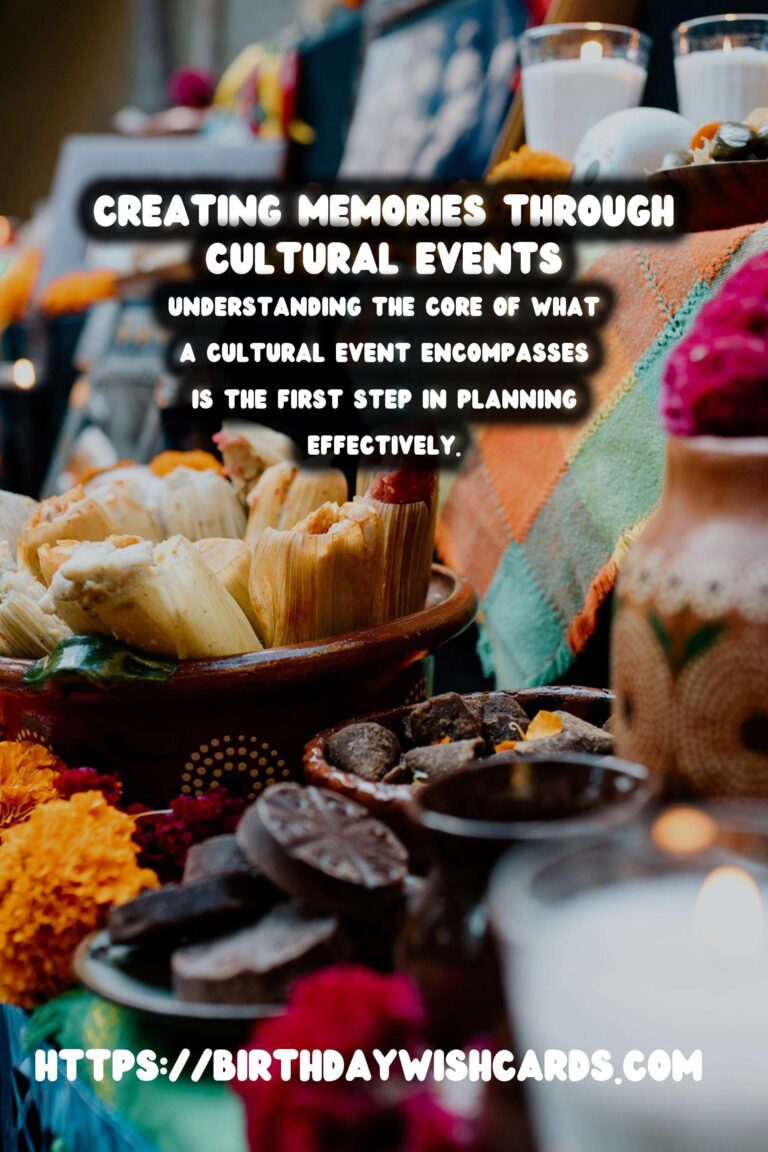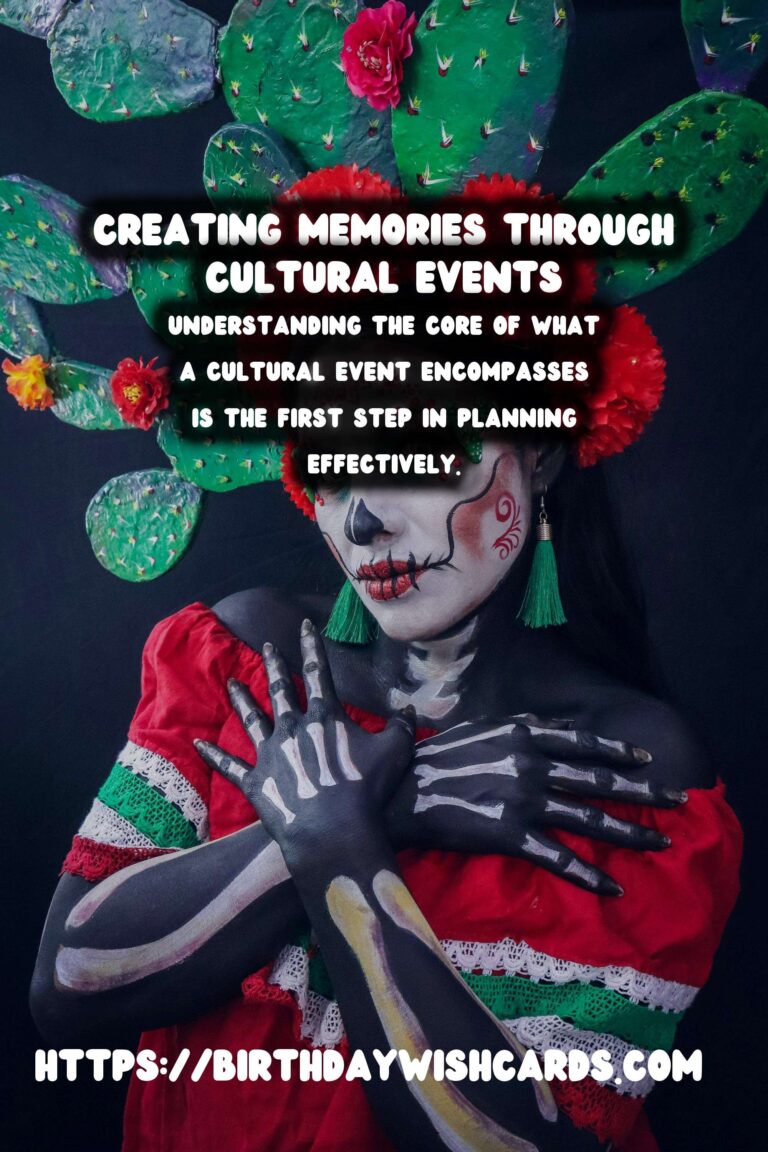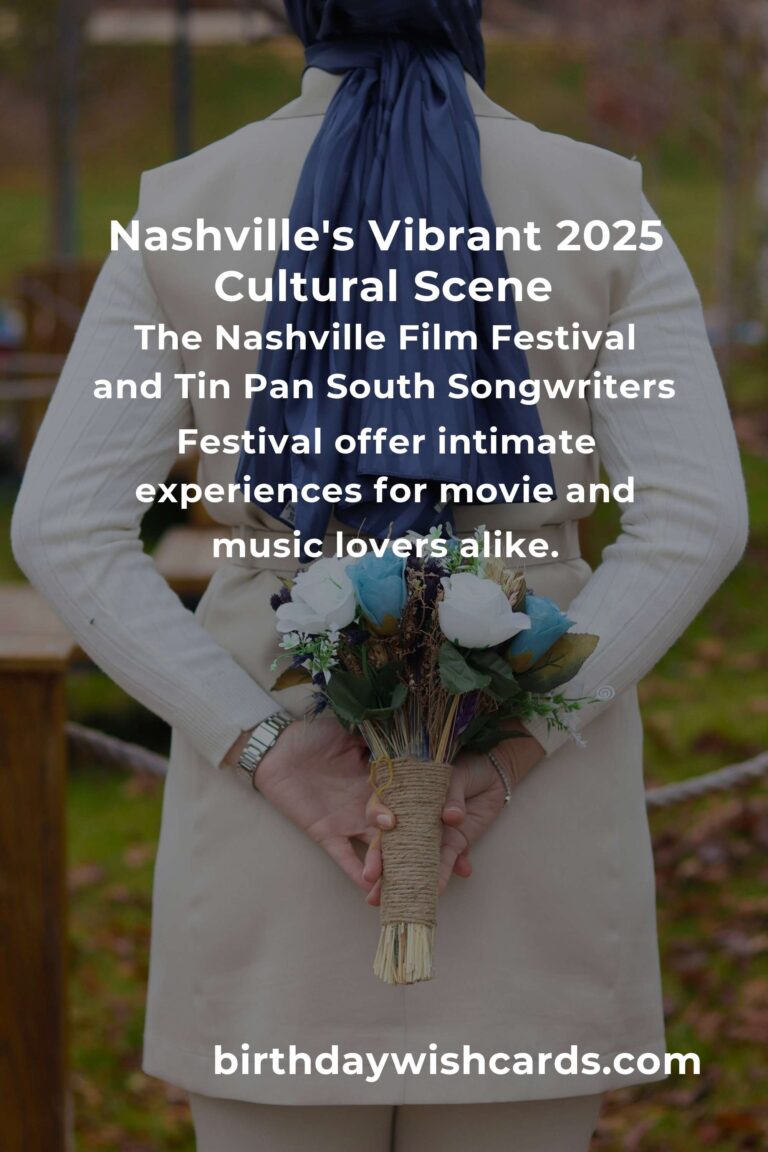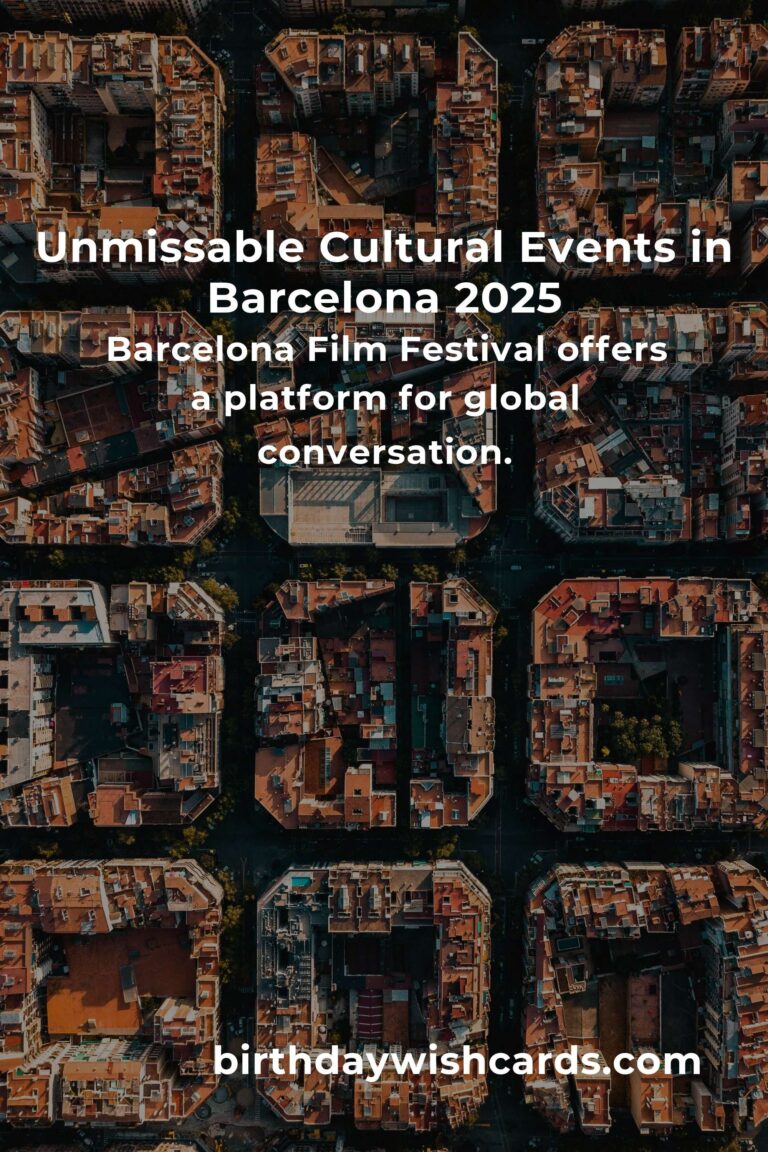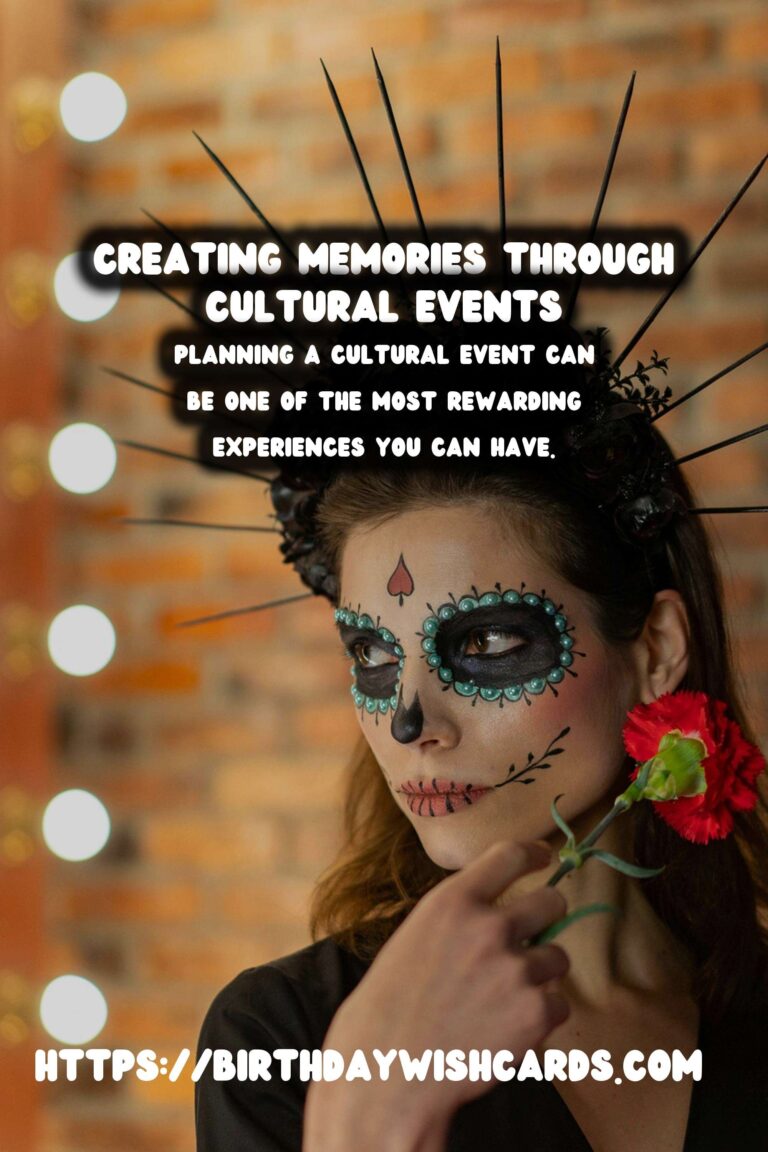
Planning a cultural event can be one of the most rewarding experiences you can have, as it allows you to bring people together to celebrate heritage, art, history, and community spirit. This guide will walk you through the essential steps to create an unforgettable event that resonates with participants long after it concludes.
Understanding Cultural Events
Cultural events are gatherings that promote a specific culture or multiple cultures and often feature music, dance, food, and arts. They can vary in size from local festivals to international exhibitions. Understanding the core of what a cultural event encompasses is the first step in planning effectively.
Setting Your Objectives
Every successful event begins with a clear objective. When planning a cultural event, ask yourself the following questions:
- What is the purpose of the event?
- Who is the target audience?
- What experiences do you wish to create for attendees?
Identifying these goals will guide your decisions throughout the planning process.
Budgeting for Your Event
A well-planned budget is crucial. Outline all potential expenses, including venue rental, permits, staffing, marketing, and supplies. Don’t forget to allocate funds for unexpected costs, as they often arise during event planning.
Selecting the Right Venue
The venue is the heart of any cultural event. It needs to align with the event’s theme and be accessible to your target audience. Consider space requirements for performers, vendors, and attendees. Evaluate locations that offer optimal ambiance and facilities that cater to your event’s needs.
Choosing the Date and Time
Select a date and time that works for the majority of your audience. Consider avoiding dates that conflict with significant holidays or other local events. If your event is seasonal, discuss the weather aspects that could affect attendance.
Curating the Program
The event program should reflect cultural significance and offer engaging activities. Here are some ideas:
- Live performances (music, dance, theater)
- Workshops (craft making, cooking)
- Guest speakers or panels
- Exhibitions of art and artifacts
Mixing different types of activities will keep your audience entertained and engaged throughout the event.
Marketing and Promotion
Effective marketing is key to the success of your event. Utilize various channels, such as:
- Social media platforms
- Email newsletters
- Community bulletin boards
- Local newspapers and radio stations
Creating a unique hashtag for social media can help enhance online presence and engagement.
Engaging Local Communities
Involve local artists, musicians, and community members in your event. Their participation not only enriches the experience but also encourages local support. Consider holding a meeting to gather ideas and enlist volunteers.
Logistics and Operations
Pay attention to the logistical aspects of your event. Ensure that you have:
- Permits and licenses
- Staff or volunteers to manage different areas
- Signage for navigation
- Safety measures, including first aid
Being prepared in these areas will help things run smoothly.
Creating Memorable Experiences
As mentioned earlier, the goal is to make lasting memories. You can enhance the experience by:
- Creating Instagram-worthy photo spots
- Providing free samples of cultural food
- Incorporating storytelling sessions
These small touches can significantly impact attendees’ enjoyment and remembrance of the event.
Feedback and Follow-Up
After the event, it’s essential to gather feedback. You can do this through surveys or informal conversations with attendees. Understanding what worked well and what could be improved will help you in planning future events. Following up with thank-you notes to volunteers and participants also fosters good relationships.
Conclusion
Planning a cultural event requires thoughtful consideration, creativity, and passion. By understanding your objectives, budgeting wisely, selecting the right venue, and engaging communities, you can create an unforgettable experience that brings people together, celebrates diversity, and forms lasting memories.
Planning a cultural event can be one of the most rewarding experiences you can have. Understanding the core of what a cultural event encompasses is the first step in planning effectively. 
